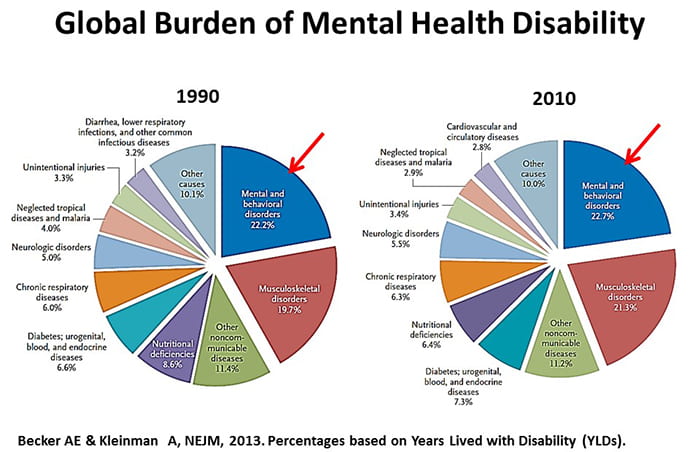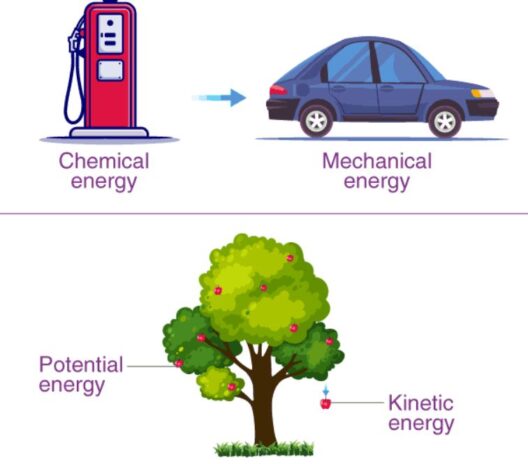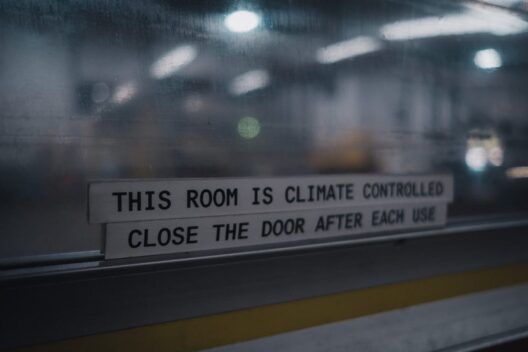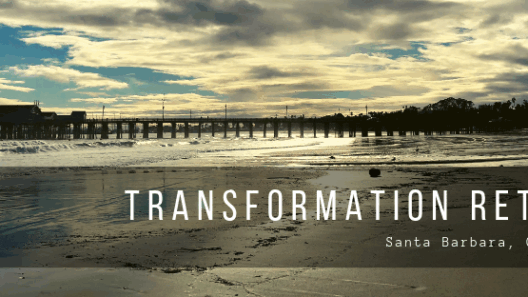Global warming emerges as an insidious specter, shadowing every facet of our existence. Among the myriad ramifications of this existential threat, the implications for public health coalesce into a profound crisis. The intertwining of healthcare and an increasingly hostile climate is where the stakes are high, and those at the forefront are often the most vulnerable. In understanding how escalating temperatures impact public health systems, one must examine the intricate interdependencies that define our current reality.
The fabric of public health is woven from the threads of well-established infrastructure, societal commitments, and the resilience of healthcare systems. Yet, as global temperatures soar, this fabric begins to fray, subjecting populations to a cascade of health-related adversities. Heatwaves, a direct consequence of climate change, are more than mere inconveniences; they are silent assassins that exact a heavy toll on human life. For every degree of temperature rise, the risk of heat-related illnesses, including heat exhaustion and heatstroke, escalates disproportionately, particularly among the elderly, children, and those with pre-existing health conditions.
As these demographic groups bear the brunt of rising temperatures, healthcare systems must play an increasingly defensive role. Hospitals and clinics, the bastions of medical care, become strained under the weight of increased patient loads during oppressive heat events. The urgency of treating heat-related illnesses grapples with the ongoing emergence of other health challenges, such as respiratory issues exacerbated by air pollution from extreme weather phenomena. This daunting duality places immense pressure on healthcare practitioners, who must navigate a veritable minefield of clinical demands.
In an atmosphere growing hotter by the day, infectious diseases re-emerge as formidable foes. Vector-borne diseases thrive in warmer climates, with mosquitoes and ticks extending their reach into previously temperate regions. Dengue fever, Zika virus, Lyme disease: these illnesses are not mere diseases of distant lands; they are poised to encroach upon communities worldwide. Public health initiatives, already burdened with limited resources, face an uphill battle to re-establish preventive measures and containment strategies. The message is clear: as the planet warms, the horizon of public health expands too, including threats that were once contained.
The psychological toll of climate change, often overshadowed, introduces another layer of complexity. Anxiety, depression, and post-traumatic stress disorder (PTSD) proliferate in the wake of catastrophic weather events and the slow, relentless encroachment of environmental degradation. Individuals grapple with eco-anxiety, a modern affliction arising from the palpable fear of impending ecological catastrophe. The healthcare community must develop paradigms that address not just physical ailments but the psychological ramifications of living under the specter of climate change.
Moreover, the intersection of socioeconomic factors and climate-induced health crises cannot be overlooked. Low-income communities often bear the brunt of climate impacts, lacking the resources and infrastructure needed to adapt to rising temperatures. Limited access to healthcare further exacerbates these inequities, creating a vicious cycle where vulnerability begets health complications. Social determinants of health — including income, education, and living conditions — are inextricably linked to climate change. Recognizing this interplay is crucial in crafting effective public health responses.
Healthcare providers must pivot and innovate in response to these evolving challenges. Telehealth platforms have emerged as pivotal tools for delivering care to remote and underserved communities, particularly during heatwaves when leaving home can pose significant risks to patients. Remote monitoring technologies enable healthcare professionals to keep tabs on patients’ conditions, ensuring that neither heat-related illnesses nor psychological stressors go unnoticed. Such advancements, while promising, require careful implementation and equitable access to be effective.
Resilience-building occupies a crucial space within this discussion. Public health strategies must extend beyond immediate healthcare responses, encompassing climate adaptation plans and community engagement initiatives. Building green spaces, facilitating access to cooling centers, promoting energy-efficient housing, and enhancing public transportation can mitigate the effects of climate change. Each of these initiatives fosters not just a healthier living environment but also strengthens the social fabric necessary for collective resilience.
Education serves as both a strategy and a shield. Empowering individuals through comprehensive education about the risks associated with climate change fosters community resilience. Schools, workplaces, and public forums can become platforms for disseminating vital information on preventive measures, enabling proactive action against heat-related health incidents. Collaborative efforts among healthcare professionals, educators, and community leaders can ignite a movement toward climate-smart healthcare practices, where the path forward is clear.
Ultimately, the challenge of addressing the public health implications of global warming is monolithic and complex, yet the urgency of the situation necessitates a concerted and cohesive effort. The consequences of inaction ripple through generations, leaving indelible marks on health outcomes, societal equity, and environmental stewardship. In this climate crisis, the commitment to health—both individual and collective—must be unwavering. Each citizen, equipped with knowledge and a sense of agency, can contribute to the preservation of health in the face of a warming world.
The adversities we face are profound, but they are not insurmountable. In fact, the battle against climate-induced health crises can be reframed into a formidable opportunity for innovation, collaboration, and regeneration. Healthcare systems must act not only as responders to health crises but as champions of sustainability and proactive change agents. As the climate continues to shift, so too must our approach to public health, ensuring that all individuals have the opportunity to thrive, regardless of the temperature.






